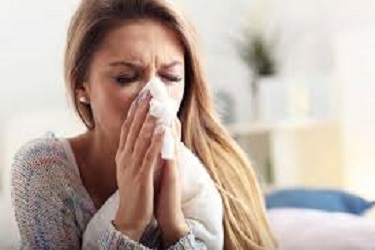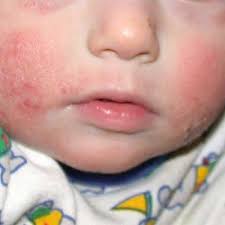
Dry skin when the Weather gets Cooler-The temperatures are dropping, and we are all excited about the Fall Season with not only cooler weather but also the change to show off our Fall wardrobe and enjoy some Football. The weather however changing will bring colder air, harsh winds, and other seasonal factors can lead to issues with your skin.
We at On Call Medical Clinic would like to share some helpful tips that may help you protect you from dry skin with the changing temperatures.
- Apply skin moisturizers daily to help prevent the colder air from drying out your skin
- Strong winds can strip the skin of its natural lipids, which is the most important part of the skin barrier and helping the skin from drying out. Wearing a hat and applying skin moisture is important when going out doors when the wind is chilly and strong,
- The heat in your home can also dry out your skin. A humidifier can help keep moisture in the air.
- When lighting a fire in your fireplace, remember to stay far away from the glow and don’t sit in front of the fire too long. The heat from the fire can toast your skin, dead skin builds up quicker in dry heat.
- We all like to take a hot shower when coming in from a cold dry air all day. But hot water is actually bad for your skin. Try using lukewarm water instead so to help prevent your skin from drying out. It is best to keep a shower around 10 minutes.
- On a cold day, we oven turn to Coffee or Hot Chocolate to warm us up. We probably never realized that it is drying our skin from the inside. Even a Hot Toddy has the same effect, alcohol is a diuretic and has a dehydrating effect on your body. A good solution is to always stay hydrated; with every glass of wine or cup of coffee, it is good to have a glass of water.
- Winter clothing can also sometimes be an issue. Wearing wool may make you feel warm and cozy, but it can cause irritation and make you skin itchy. Choose fabrics made with cotton or silk that are softer on your skin.
- We all are aware of the damaging effects of the sun in the Summer, well they still exist in the Winter as well. Also insure that you have the correct sunscreen needed when exposing your skin to the sun’s rays.
We at On Call Medical Clinic hope that this information was helpful to you when having dry skin when the weather turns cooler. Please remember that we offer many skin care services like Juvederm and Ultherapy. Please visit our website at https://www.oncallclinic.com/ to see all the skin care services we offer. Also remember when minor illnesses or accidents occur, we are here 7 days a week to help.


